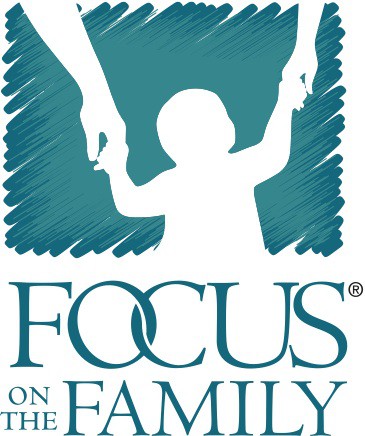I couldn’t pay my rent this month—the bottom line for a young professional trying to forge her way in the work world.
My mistake? I broke the cardinal rule of freelancing and worked without a contract.
Yes, I had been warned. I had been warned by friends and family and fellow freelancers of the risks, but I did it anyway—justifying that it was only for a few days while I drew up a long-term proposal and contract. When we sat down at my client’s kitchen table and discussed the details of my hourly rate and workload, it had all seemed just fine.
I had been looking for an opportunity to move my career toward full-time freelance work and away from working at an office. She offered me enough work that I felt confident in my decision to scale back my hours at my office job to accommodate her needs. I could work from home and save gas money. I could earn more per hour. I could even keep my benefits at my office job because I was still working 30 hours per week.
It seemed like a dream scenario—at least for my first foray into serious freelancing. It seemed like my client and I were on the same page. I was sure that enough of my bases were covered for the time being.
Yet reality snapped me out of my “dream scenario” pretty quickly.
The client didn’t like the proposal, didn’t like the contract, didn’t like the invoice I gave her for the work already completed. And though she never expressed dissatisfaction until she saw the bill, she claimed she didn’t really like my work anyway and therefore felt no obligation to pay me.
I was infuriated with her for hanging me out to dry, but the more I thought about it, the more my anger spiraled inward.
Why hadn’t I listened to anyone? Why had I thought it was OK to shortcut my own standards? I had become the cliché: the young and foolish freelancer who would be forced to eat ramen for the next three weeks, or worse—ask my parents for money. And I would have to go back to my boss and ask for the chance to return full-time.
Thankfully, my boss was happy to welcome me back to 40 hours per week. And thankfully, though I had been too embarrassed to ask for money, my dad sent me a sweet card and a check anyway.
But my pride? My pride was totally broken by my blunder.
I was so sure that I was doing the right thing, that I had the upper hand, that after gaining some freelance experience and working as a staff writer in a marketing/public relations office for three years, I was a real professional. God had finally given me a chance to move forward.
Yet I acted like a total amateur.
God may have given me an opportunity, but in retrospect, I can see how I didn’t steward it well.
We’ve all made rookie mistakes at some point. One friend told me she had ghost-written an entire book without a contract and was gypped out of $8,000. A photographer friend told me about the time her hard drive crashed and she nearly lost 12 clients’ sessions (miraculously recovered, but she still had to offer them discounts).
Yet another friend told me about the time her boss found out she had been mentioning her company and work on her blog. At her 90-day review, her boss told her that because of her cavalier attitude and rather blatant admittance that she didn’t want to work there forever, they had decided never to consider her for any promotions.
How do you come back from that kind of professional blow? Her sage advice:
“It’s a great opportunity to be faced with the truth of yourself and ask, ‘Who do I want to be in response to this?’”
I think the thing that helped me find my confidence again was my attitude in the aftermath. I was upset, but when my friends coached me through my anger and fear, I decided to listen to them this time. Their wisdom kept me from firing off venomous emails or going to the mattresses with my client’s rude assistant.
There comes a point when all of us will face our fallibility as professionals. Listen to any one of your friends, colleagues or mentors, and you will realize that like eating ramen and driving a veritable death-trap of a vehicle for a few years, making a professional blunder is inevitable, maybe even a right of passage.
Though the vulnerability of that moment will mortify you and maybe cost you your rent, you can bounce back. To do so, you have to be willing to ask yourself the tough questions. There will always be that really terrible freelance client, the temptation to shortcut your standards, the liability of your inexorable arrogance and naiveté.
The real bottom line is how it will affect your character.






















